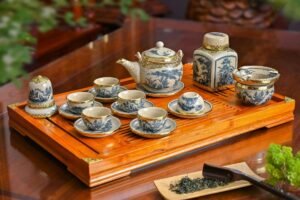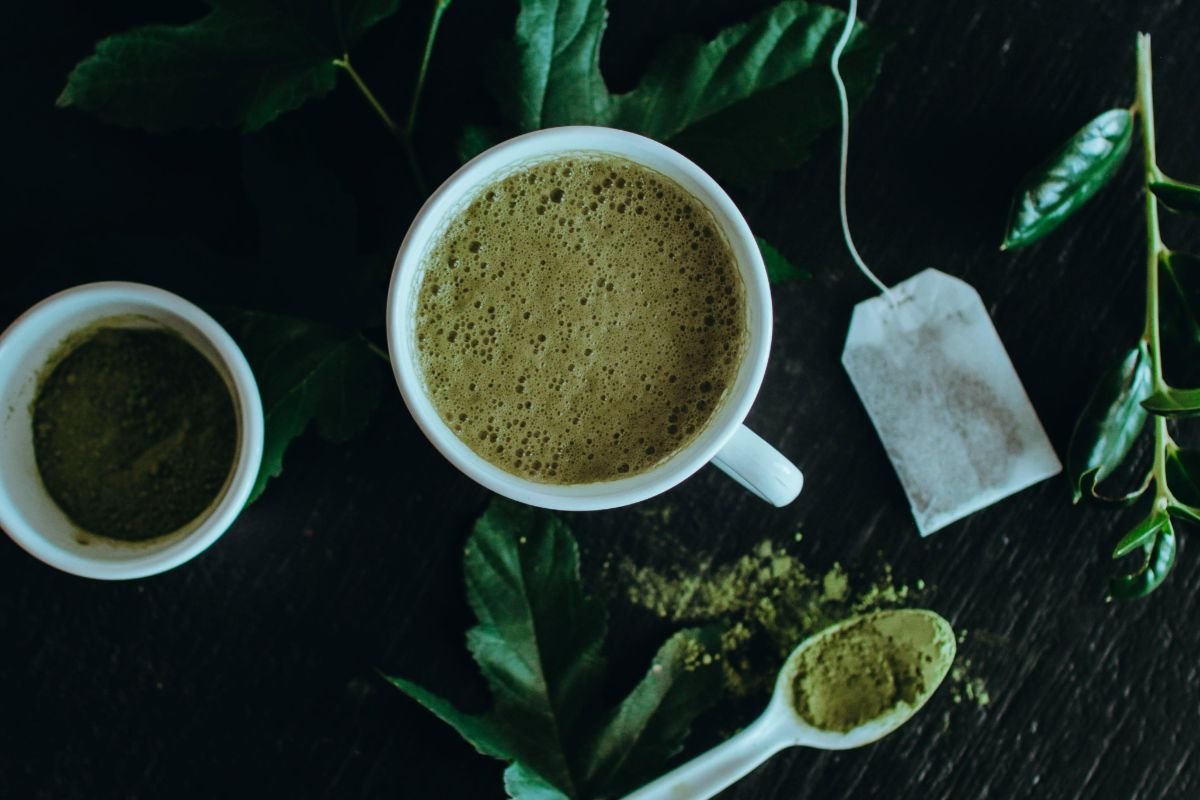
Tea Culture
Tea is thought to have originated in China around 2737 BCE, with a story involving the legendary Emperor

Matcha tea has become a global sensation, celebrated for its vibrant green color, unique flavor, and impressive health benefits. Whether you’re a tea lover or new to the world of matcha, this guide will help you discover everything you need to know about this powdered green tea, from its ancient origins to the many ways to enjoy it today.
Matcha is a powdered green tea originating from Japan, where it has been used in traditional tea ceremonies for centuries. Unlike regular green tea, where the leaves are steeped in hot water and then discarded, matcha is made by grinding the entire tea leaf into a fine powder. This means you’re consuming the whole leaf and all of its nutrients, making it one of the most concentrated sources of antioxidants and other beneficial compounds in the tea world.
The history of matcha dates back to China’s Tang Dynasty (618–907 AD), but it was Zen Buddhist monks who brought powdered tea to Japan in the 12th century. Over time, Japanese farmers began perfecting matcha’s cultivation and processing techniques, eventually making it a central part of Japanese culture and the tea ceremony. Today, Japan remains the primary producer of high-quality matcha, with regions like Uji, Nishio, and Shizuoka leading in production.
Matcha isn’t just beloved for its taste and cultural significance—it’s also packed with health benefits. Here are some of the standout benefits associated with matcha tea:
Preparing matcha tea is an art, but it doesn’t have to be complicated. Here’s a step-by-step guide to making traditional matcha:
Matcha’s versatility allows it to be enjoyed in various forms beyond traditional tea:

Tea is thought to have originated in China around 2737 BCE, with a story involving the legendary Emperor

Tea lovers know there are countless types and grades of tea to enjoy, each with its own unique character.

The word “chai” simply means “tea” in Hindi. What many of us call “chai tea” is actually

Tea has been enjoyed for centuries, not only for its flavor but also for its potential health benefits.

Green tea is a popular beverage known for its refreshing taste, numerous health benefits, and

Black tea is a staple for tea lovers worldwide, prized for its rich, full-bodied flavor and